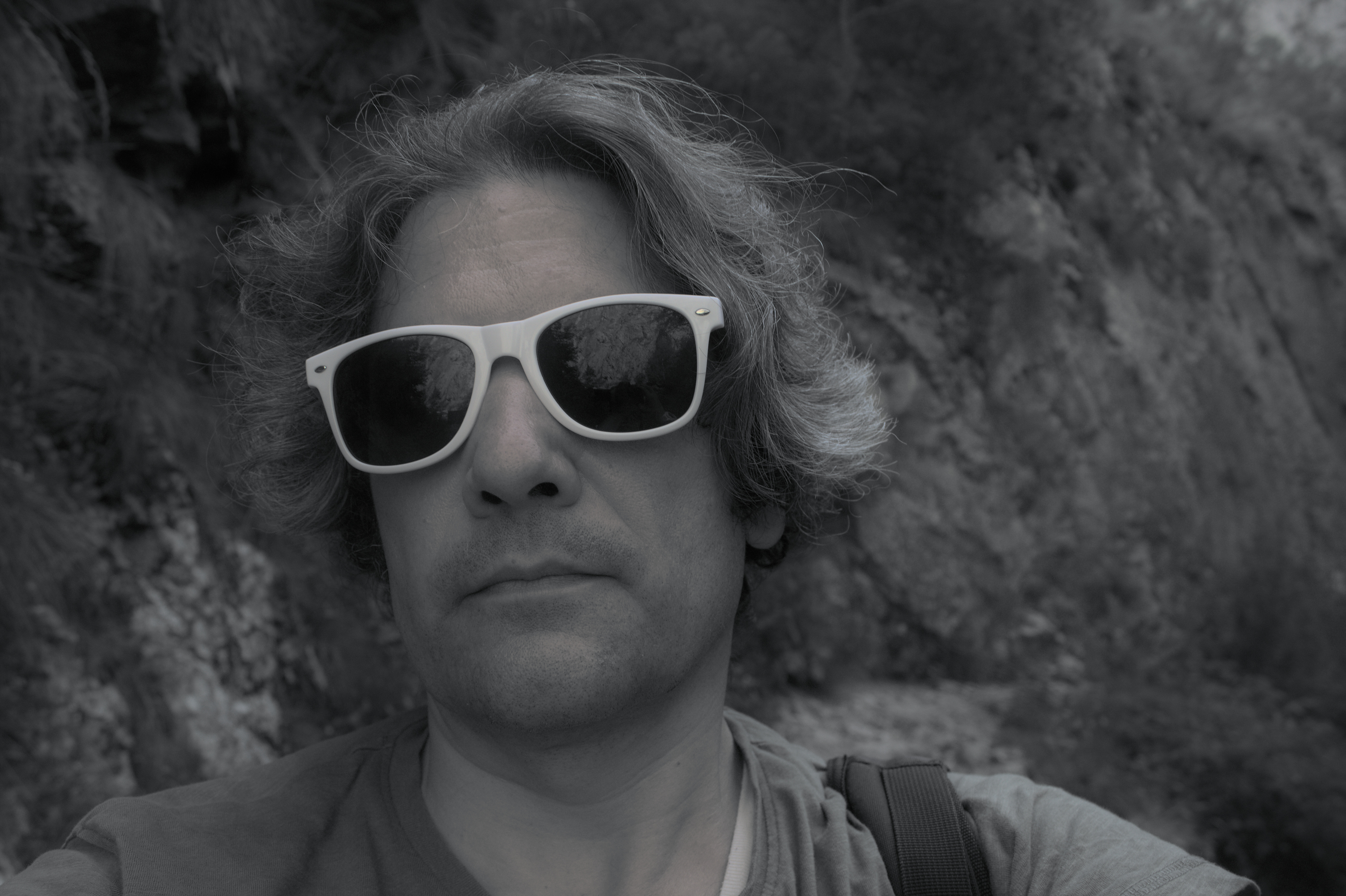ASK & DISCUSS
INDEXAn ethics question: received guidance that filming a person in interview drinking alcohol makes their answers seem less intelligent. Advice plz
7 years, 9 months ago - Jac Nunns
The context is that this is a short doc about a group which creates social events for a marginalised community. One person in six interviews is drinking wine. The guidance in this case was very strongly given in person yet I have been unable to find any articles about this to confirm that opinion.
The interviewees are not impaired in their speech or otherwise seemingly drunk, and are articulate throughout. Thanks in advance for links to guidance/articles or your professional opinions.
Only members can post or respond to topics. LOGIN
Not a member of SP? JOIN or FIND OUT MORE
7 years, 9 months ago - John Lubran
If there's an ethical aspect to this Jac it's not the one you raise. The opinionated diktats of nanny state disciples and the presumptions of 'butter doesn't melt in their mouths' hypocrites and worthies might influence some seeking the patronage of such, but just whose 'guidance' are we talking about? I'm not aware of any 'actual' authority whose guidelines in this are commensurate with any kind of law. How a reasonably sentient person ought to regard the articulated expressions of anyone interviewed with an alcoholic drink to hand will depend on whether the subject is evidently inebriated to a detrimental degree or not. It's an entirely subjective thing. The issue raised smacks of overbearing reactionary interference. Documentary is a word that covers a huge range of productions, those that reveal human realities and truths within a valid context are worth more than those that create false dichotomies. Never underestimate the power of 'In vino veritas' or similarly, 'from the mouths of drunks and babies'. Consider if the lack of salt in ones film loses it its salver (a great biblical reference).
I won't be supplying links to any guidance from anyone, no matter how grand they may seem to the easily led and cap doffing. Documentary film makers need only be true to themselves, to their own ethics and not place their souls into the keeping of others.
7 years, 9 months ago - Marlom Tander
I'd say the guidance is wrong. But like everything, alcohol can be misused. But so can clothes, furniture, lighting, makeup.
If your person is knocking it back then that is what looks bad, even if what they are drinking is cranberry juice. But an occasional sip of a modest glass could make a well dressed smooth talker look even better.
7 years, 9 months ago - Stuart Wright
Depends who it is and the subject... If it's Noel Gallagher then it doesn't change anyone's perceptions of them... If it's about the horrors of booze then it's a mixed message... But I don't think it's an ethical question... unless you're doorstepping people in bars who otherwise wouldn't expect to be answering questions with a drink in their hand and you later frame/edit it to make them look bad... But I don't think on the surface there's a question of ethics...
7 years, 8 months ago - Vasco de Sousa
Some scholars do think drinking wine can make you look stupid:
http://webuser.bus.umich.edu/srick/Imbibing%20Idiot%20Bias.pdf
"Across five studies, we find that in the absence of any evidence of reduced cognitive performance, people who hold an alcoholic beverage are perceived to be less intelligent than those who do not, a mistake we term the imbibing idiot bias."
Okay, first a note on wine. Most of my relatives in Europe have drunk wine some time in their lives, from a small glass, with dinner, at a wedding or at a party of some kind. These include people with PhDs, historians, authors, doctors, lay preachers, maybe even someone involved in writing that article about idiot bias.
Very few have drunk wine at the workplace, unless it was a christmas party or something of the sort.
I received a bottle of wine for being employee of the month once, but I wasn't expected to drink it at work. When I said I didn't drink, my supervisor replaced it with a box of cookies.
In a social context, wine is culturally acceptable in the West and most of the East, it even looks a bit posh. It's a gift you give when you're a dinner guest (unless you're a guest of teetotalers, or you're teetotal yourself.) During work hours, in my opinion, it looks out of place. It might make you look stupid, arrogant, dominant, that you don't care what others think, or just socially ignorant. (Drinking too early in the morning is frowned upon in Britain, even by the older generation.)
For film considerations, drinking anything (including water) or chewing anything (including gum) can sound awful when recorded. Watch some Ted talks, and you'll see that if they drink (even water) they do it very sparingly. Or, listen to what you recorded without looking at the picture, see if the sound is irritating.
It really depends upon the context of your interview. Are you interviewing at home, or in the workplace? Morning, or evening? We'd have to see (and hear) the full picture, know the setup, to know what affect this wine has, and whether it looks out of the ordinary in that situation.
From an ethical perspective, I'd find it dishonest to censor wine drinking, if it is prevalent. It would also be dishonest to make someone appear to be drinking twenty glasses without even getting drunk. It would be unethical to pretend that wine was cranberry juice, and get people to drink when they normally wouldn't, or to make people who don't normally drink look like habitual drinkers. Just edit it honestly, show the context.
I personally think there was too much wine drinking in Loving Vincent. (An otherwise excellent film.) None of the characters seemed to eat food with their wine, in real life they would have been so malnourished.



